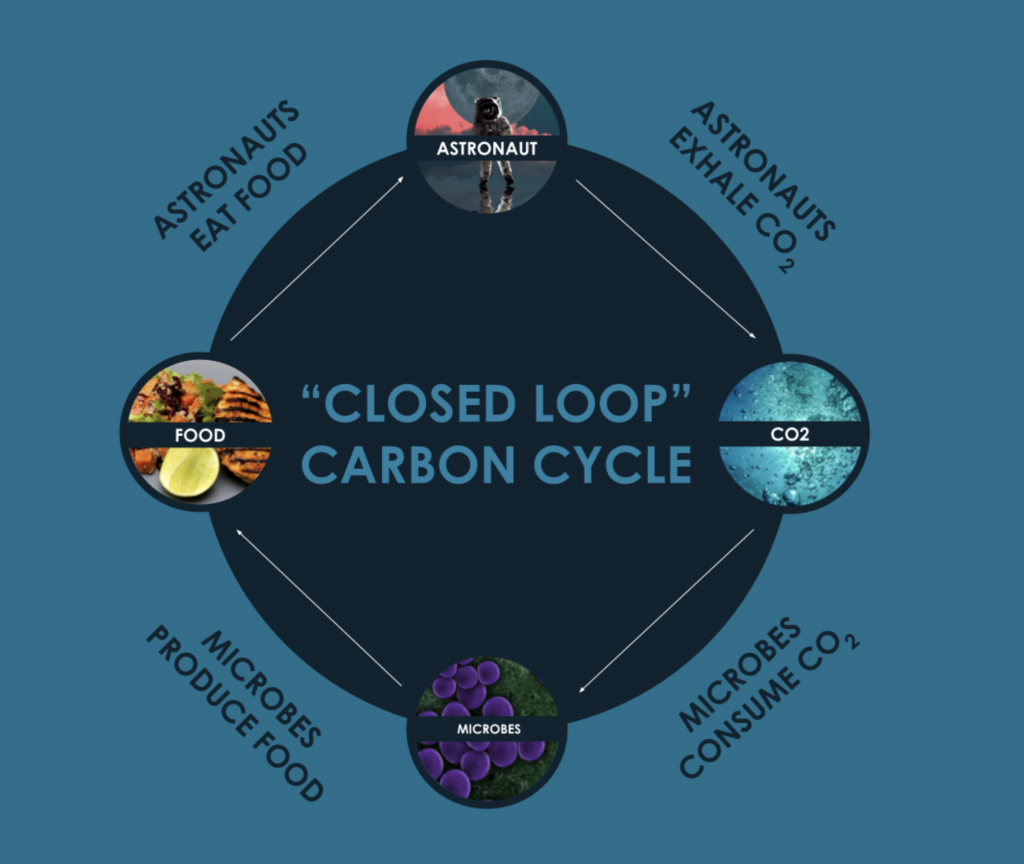The global population is expected to reach close to 9 billion people by 2030 – inclusive of 3 billion new middle-class consumers.This places unprecedented pressure on natural resources to meet future consumer demand.
A circular economy is an industrial system that is restorative or regenerative by intention and design. It replaces the end-of-life concept with restoration, shifts towards the use of renewable energy, eliminates the use of toxic chemicals and aims for the elimination of waste through the superior design of materials, products, systems and business models.
Nothing that is made in a circular economy becomes waste, moving away from our current linear ‘take-make-dispose’ economy. The circular economy’s potential for innovation, job creation and economic development is huge: estimates indicate a trillion-dollar opportunity.
The World Economic Forum has collaborated with the Ellen MacArthur Foundation for a number of years to accelerate the Circular Economy transition through Project MainStream – a CEO-led initiative that helps to scale business driven circular economy innovations.
Join our project, part of the World Economic Forum’s Shaping the Future of Environment and Natural Resource Security System Initiative, by contacting us to become a member or partner.



